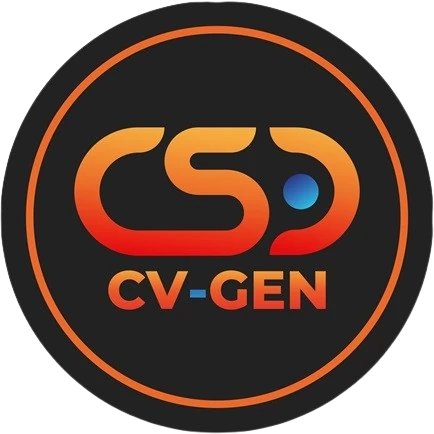Study Tour
We summarize important information for you to better understand participating in a Study Tour to Germany as a non-EU student. There are two main important sources:
- DAAD (Deutscher Akademischer Austauschdienst): The German Academic Exchange Service provide information for international students and groups participating in study tours and academic programs in Germany.
- Study Tour service provider in Germany.
- German Embassy in your home country: After confirming participation in the study tour, the next step is to apply for a visa through the German Embassy in your home country.
Basic Requirements
- Accepted into a study tour program: You need an invitation or confirmation from the study tour organizer in Germany (e.g., university, agency, travel agent, research institution, or DAAD-supported program).
Study Tour Search
You can explore study tours offered by universities or organizations through the following sources:
- https://www.daad.de
- https://www.study-in-germany.de
- https://www.studienreisen.de
- https://www.studyabroad.com
- Directly on university websites and academic institutions in Germany
- International offices at your home university
Visa Application
Visa Type: Short-term Schengen Visa for Study Tours.
Documents:
Please refer to the document checklist provided by the German Embassy in your home country. General requirements may include:
- Valid passport
- University enrollment certificate
- Invitation/Confirmation letter from the German study tour organizer
- Proof of financial means (e.g., blocked account or sponsorship letter)
- Travel health insurance valid for Germany and the Schengen Area
- Completed visa application form
- Flight and accommodation reservations
- Apply for the visa through the official website of the German Embassy or VFS Global in your home country.
Other Considerations
- Language Skills: While you can request the guide during study tour may deliver the service in English, basic German language skills can be helpful for navigating daily life and interacting with locals.
- Tour Duration: Study tours generally last from a few days to a maximum of 90 days. Ensure your visa covers the entire duration of your stay.
- Accommodation: Check whether the study tour organizer provides accommodation or if you need to arrange it yourself.
- Financial Considerations: Plan for an average monthly living cost between €800–€1,200, depending on the city, if the tour lasts longer than a few weeks. This covers accommodation, food, and transportation.
- Bank Account: You might not need an EU bank account for a short-term stay, but if required, look for temporary solutions like prepaid travel cards or international bank transfers.
- Health Insurance: Travel health insurance is mandatory for visa applications and must cover any medical needs during your stay.
- Cultural Tips: Respect local customs such as punctuality, especially in academic settings. Germans value well-organized schedules and professionalism in both academic and cultural exchanges.
